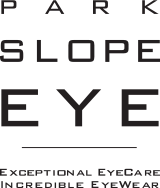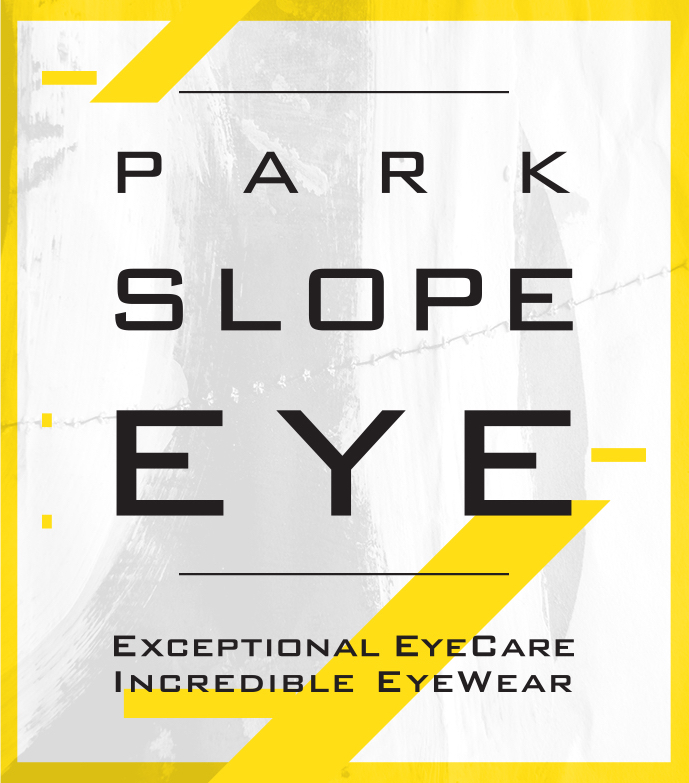Winter brings more than cold weather and shorter days. As the air turns chilly and indoor heating systems crank up, many people experience uncomfortable dry eyes. This is a common problem that makes it difficult to focus, read, or even go outside without burning and stinging eyes. Fortunately, this doesn’t have to be a permanent problem.
To prevent dry eyes in the winter, try being proactive. Stay hydrated and use a humidifier when you’re at home. Follow a balanced diet, and wear sunglasses whenever you’re outdoors—they aren’t just for the warmer months!
What Causes Dry Eye Syndrome?
Your eyes are lined with a thin film of tears. Every time you blink, you refresh this film. It keeps your eyes protected against air, bacteria, debris, and more. This tear film acts like a shield protecting your eyes against potential hazards.
However, this tear film isn’t always perfect. It can be compromised by:
- Age-related changes in the eye
- Certain medications
- Environmental factors
- Underlying medical conditions
When the tear film is unbalanced, it leads to a condition called dry eye syndrome. This can be temporary or chronic and is easily recognizable by constant stinging sensations. Dry eye often causes burning, irritating discomfort, and can lead to vision impairment if left unaddressed.
What Causes Dry Eyes in the Winter?
When you’re outside, your eyes are exposed to constant air. This means they have to work significantly harder. The harsh winds and dry air can strip moisture from your eyes, leaving them exposed and vulnerable. Eventually, this leads to gritty, scratchy feelings when you go back indoors.
Meanwhile, indoor heating adds another layer of complexity. While it keeps you warm, it dries out the air in your home or office. This creates an environment where your eyes don’t get the moisture they need. Though it’s comfortable for the rest of your body, exposure to this air makes it harder for your eyes to stay protected.
Dry Eye: The Common Symptoms
One of the most obvious signs of dry eye syndrome is a constant irritating sting in the eyes. This condition can sometimes feel like a piece of sand is trapped under your eyelid. Dry eye also causes:
- Persistent dryness
- Itchiness or irritation
- Redness
- Blurred vision
- Sensitivity to light
- Watery eyes
These symptoms are a significant inconvenience. It becomes harder to focus at work, use screens, or perform almost any activity without constant discomfort. These symptoms tend to flare up when you’re in an environment where your eyes need to work harder, like a windy or smoky area.
Watery eyes, though it may seem counterintuitive, can actually be a sign of dryness. When your eyes become dry, your body responds by producing reflex tears to compensate for the lack of moisture.
Fortunately, dry eyes don’t have to be a permanent wintertime problem. So what can you do?
Tips for Preventing Dry Eyes in the Winter
In the wintertime, being proactive is key for preventing dry eyes. Whether you’re outdoors or inside, you should protect your eyes whenever you can. Try to:
- Drink plenty of water, as this helps maintain the moisture in your body and produce healthy tears
- Follow a balanced diet, as this can impact your overall eye health and function
- Use a humidifier at home to add moisture to the air and prevent dryness
- Wear sunglasses when outdoors, as they help protect against harsh winds and dry air
It also helps to be mindful of any moving air in your own home. When vents, fans, or heaters aim at your face, your eyes need to work harder to protect themselves. These are small differences, but they can make a big difference.
How to Treat Dry Eyes
If you find yourself experiencing dry eyes despite preventive measures, visit your optometrist. Through a treatment approach called “dry eye therapy,” our team at Park Slope Eye can work with you to help you find relief.
Our dry eye therapy options include:
- Artificial tears and medicated eye drops: These supplement your natural tear production to provide immediate relief.
- Punctal plugs: These tiny devices are inserted into the tear ducts to keep tears from draining too quickly, providing longer-lasting moisture.
- Meibomian gland expression: This process removes blockages in the tear glands, allowing for proper tear production.
We’ll also help you make some everyday adjustments to promote a healthy tear film. This might include changing your diet, taking supplements, or adapting your at-home environment to be more eye-friendly. Through these changes, you make it much easier for your tears to protect your eyes.
Get Help for Your Dry Eyes
If you’re dealing with a constant burning sensation—or any other unusual eye-related symptom—don’t leave it unaddressed. Instead, contact our team here at Park Slope Eye. Our team is here to help you find a path forward, and we’re ready to help. Through dry eye therapy, lifestyle changes, and new habits, you can enjoy clear and comfortable winter vision. Book an appointment with our team today to learn more!









